Located on South America’s west coast, Ecuador is a tropical paradise that attracts expats from around the world for various reasons, such as professional growth, retirement, education, or simply seeking a picturesque destination.
This comprehensive guide will provide essential information on how and why to move to Ecuador for permanent residency. Certainly, obtaining an Ecuadorian visa is a requirement for visiting Ecuador. The type of visa you need will depend on factors such as your nationality, the purpose of your visit, and how long you intend to stay.
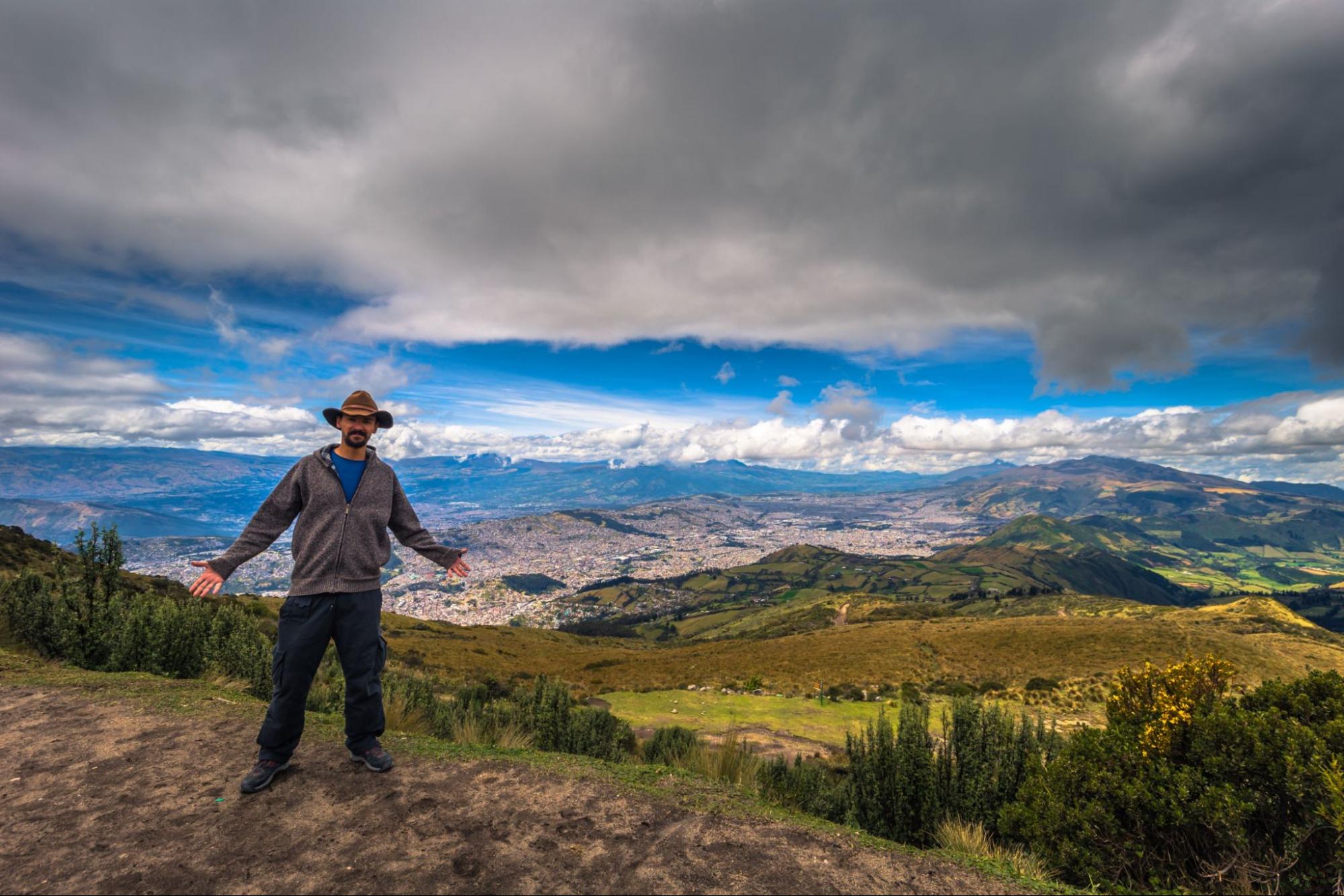
If your intention is to reside in Ecuador for more than three months (90 days), you must obtain a long-stay visa. The type of visa required depends on the purpose of your stay. Notably, former Ecuadorian citizens do not need a visa to return to Ecuador.
To establish long-term residency in Ecuador, you will need to apply for a temporary resident visa, which is granted to foreigners looking to live, study, work, or retire in the country.
|
Pros |
Cons |
|
Healthcare: Ecuador boasts a universal healthcare system that provides quality services to all residents. It ranks among the world's most efficient healthcare systems. |
Underdeveloped Infrastructure: While major cities have good infrastructure, rural areas may lack development. |
|
Cost of Living: Ecuador offers lower living costs compared to many countries, with cities like Cuenca and Loja being particularly affordable. |
Natural Disasters: Ecuador's location in a seismically active area presents a risk of earthquakes, volcanic eruptions, and tsunamis. |
|
Housing: The Ecuadorian housing market is more affordable than many other countries, whether you're renting or buying property. |
Stray Dogs: Stray dogs are common in Ecuador, though they are generally friendly. |
|
Climate: Enjoy a warm and sunny climate year-round, with temperatures ranging from 26°C in summer to 23°C in winter. |
Language Barrier: Spanish is the official language, and few Ecuadorians speak English or other languages. Learning Spanish is essential for communication. |
|
Cuisine: Ecuador offers diverse cuisine with delicious traditional dishes, making it a food lover's paradise. |
Limited International Travel: Ecuadorian passport holders have limited visa-free travel options, requiring visas for most countries. |
|
People: Ecuadorians are known for their warmth and politeness. The local community is welcoming and interested in meeting people from other countries. |
To attain permanent residency in Ecuador, you must have resided in the country for at least 21 months under a temporary resident visa, which is initially valid for 24 months and can be extended if requirements are met.
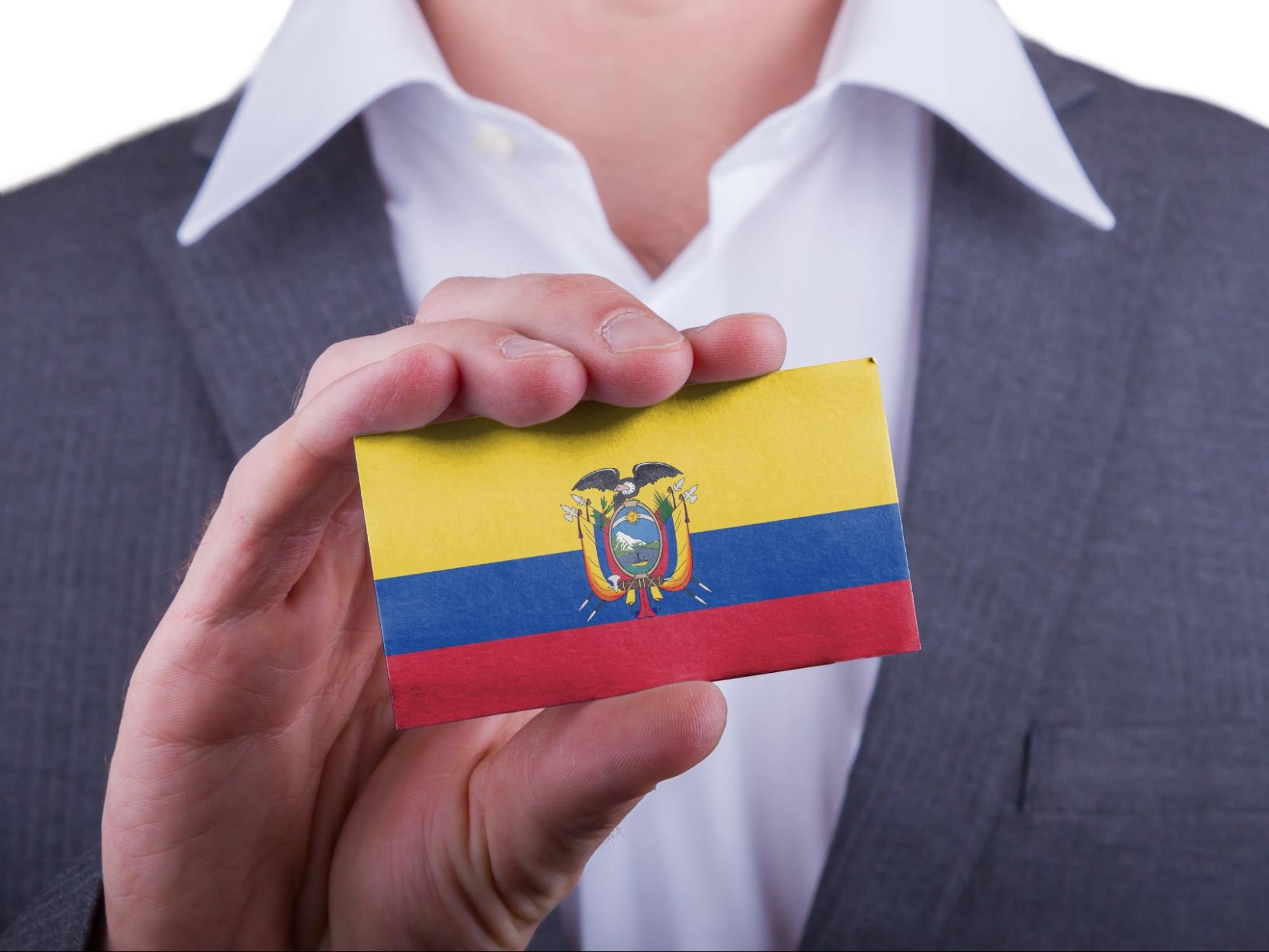
Ecuador permits dual citizenship, as established in its 1995 Constitution. Individuals can maintain citizenship in Ecuador while holding citizenship in another country.
Ecuadorian citizenship requires a minimum of 3 years as a permanent resident, totaling 5 years, including 2 years under temporary residence. This period is reduced to 2 years if married to an Ecuadorian citizen or having children with one.
To become a resident of Ecuador, you must apply for one of the many residency visas offered by the country. Ecuador has liberal immigration policies, making it accessible for various purposes, including retirement, employment, or studying. Here are some common visa types:
Each visa type has specific requirements, but some general documents are essential:
Specific visa types may require additional documentation, such as marriage certificates or proof of income. It's essential to work with an immigration lawyer to navigate the visa application process.
Yes, you can bring personal belongings to Ecuador. However, you must complete import taxes and duties. An exemption certificate for customs tariffs can exempt you from import taxes, allowing up to 200 kg of clothing, shoes, and personal accessories. Anything over 200 kg incurs taxes. Import taxes also apply to new items.
You can import various items, including clothing, shoes, accessories, household items, electrical items, art, antiques, religious materials, and more. Prohibited items include narcotics, alcohol, cigarettes, explosives, weapons, software, and psychotropic medicines.
To bring pets to Ecuador:
Cuenca, known for its low living costs, friendly locals, and stunning mountain views, is a favored destination for retirees. Its pleasant climate allows for year-round outdoor activities.

Quito, with its colorful history and scenic beauty, is South America's largest historical center. It offers diverse cuisine and is a UNESCO World Heritage site.
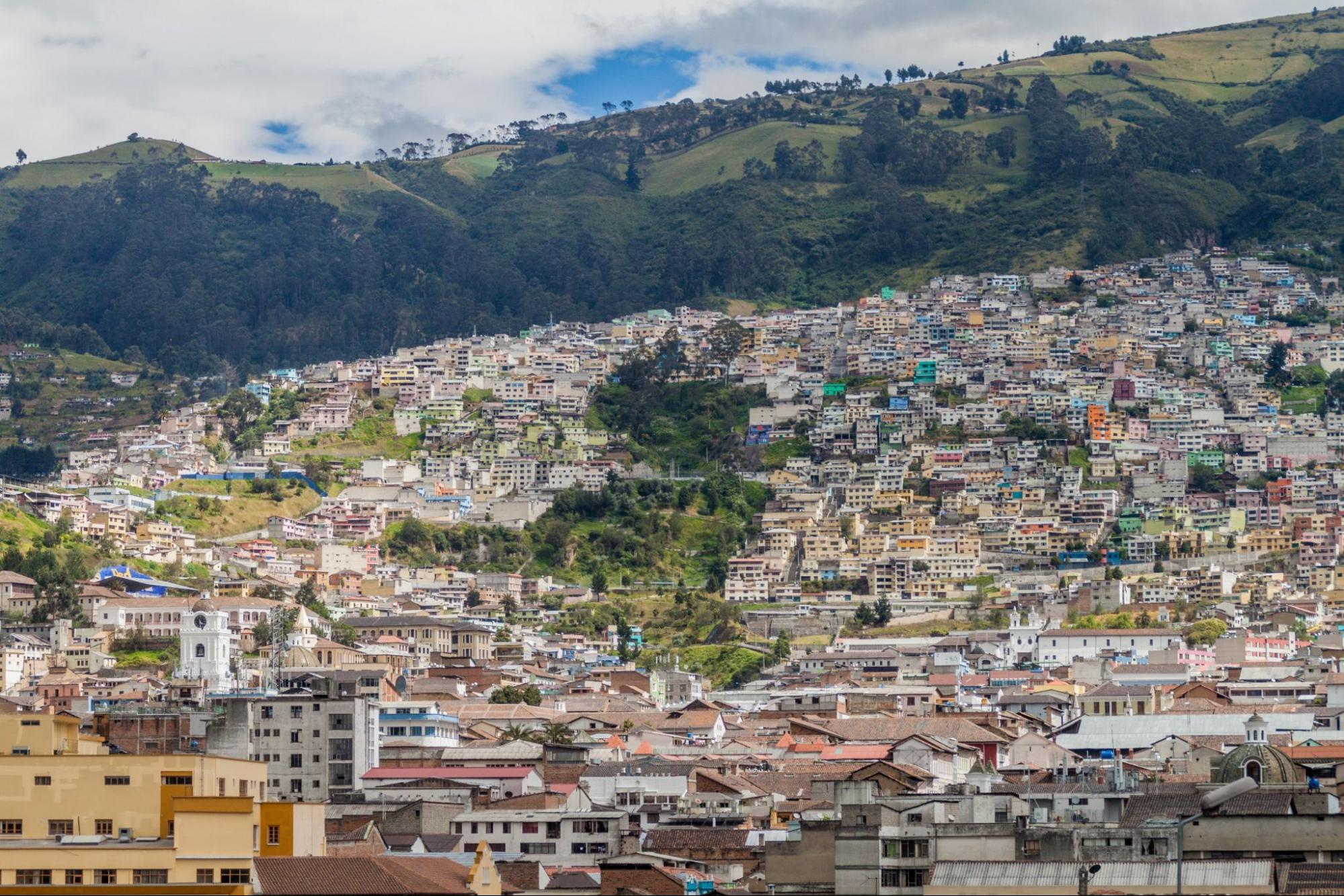
Intag Valley appeals to nature lovers, offering rich biodiversity and a serene environment, despite higher living costs. Outdoor activities abound in this picturesque area.
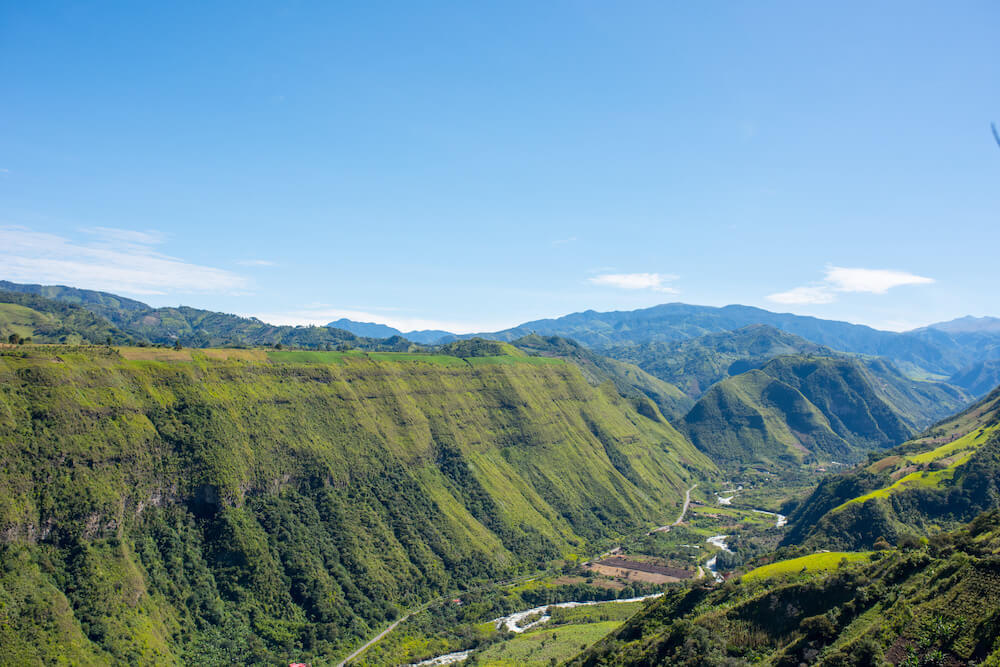
Montanita is renowned for its nightlife, delicious cuisine, and beautiful beach. It's a magnet for young, adventurous individuals, especially surf enthusiasts.
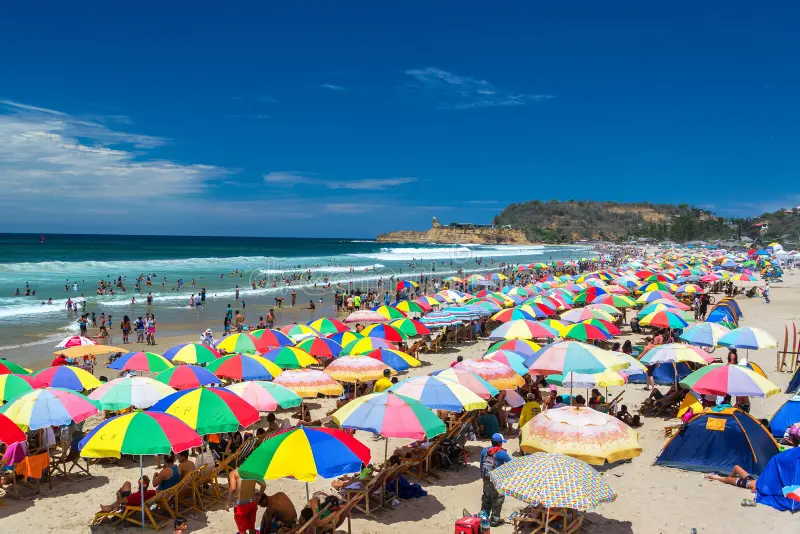
The Galapagos Islands, famous for their unique wildlife and landscapes, are a dream for nature enthusiasts. With a tropical climate, they offer a serene paradise for those seeking a quieter life or adventure.

Moving to Ecuador presents a captivating blend of culture, natural beauty, and diverse opportunities for expatriates. Consider your priorities and visa requirements as you embark on your journey to this enchanting South American nation.